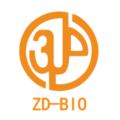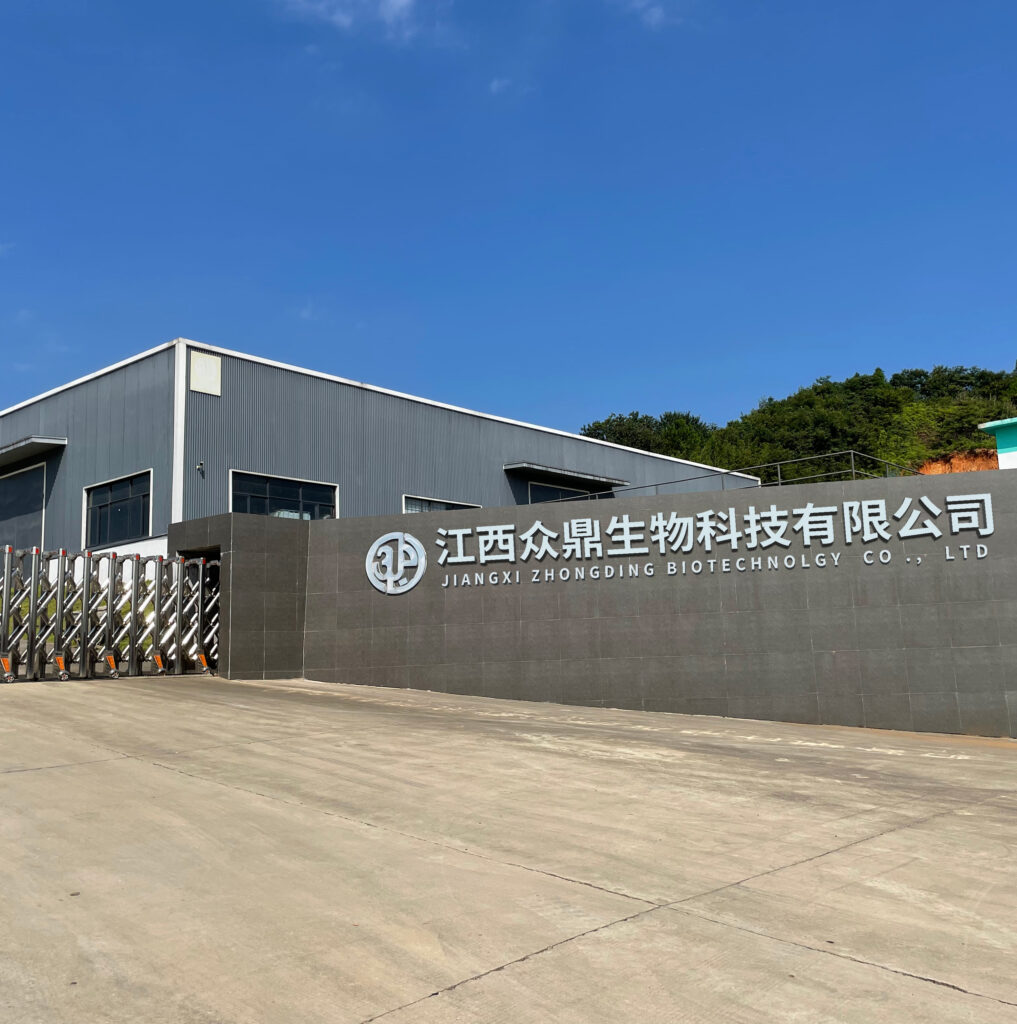In today’s digital age, electronic devices have become an integral part of people’s lives and work. From smartphones and tablets to laptops and smartwatches, these devices are constantly moving towards precision and miniaturisation. The internal structure is more and more complex, the size of electronic components is getting smaller and smaller, and the degree of integration is getting higher and higher. This undoubtedly brings great challenges to the electronic cleaning work, the traditional cleaning agent in the face of these precision electronic components, either the cleaning effect is not good, can not completely remove the tiny crevices and holes in the dirt, grease, dust and oxides and other pollutants, or corrosive, easy to sensitive electronic components caused by damage, affecting the performance and service life of electronic products.
In this context, there is an urgent need to upgrade electronic cleaning agents to meet the cleaning needs of precision electronic equipment. Ethyl lactate as an emerging component of electronic cleaning agents, gradually into the people’s field of vision, and attracted much attention. It has unique physicochemical properties, and is expected to become an ideal choice for solving precision electronic cleaning problems. Next, let us explore the magic effect of ethyl lactate in electronic cleaning agents.
The central role of ethyl lactate in electronic cleaning
(1) Ensuring Precision Cleaning: Damage-Free and Efficient
In the world of precision electronic devices, even the smallest damage can lead to severe malfunctions. For example, on a smartphone motherboard, the pin spacing of chips may be as small as a few tens of micrometers. If a highly corrosive cleaning agent is used during cleaning, it can easily erode the metal plating on the pins, causing rust, oxidation, and poor contact, leading to issues such as system crashes or signal interruptions. Similarly, the read-write head of a computer hard drive is positioned just nanometers away from the disk surface. If it is corroded or scratched by a cleaning agent, data reading and writing errors can occur, potentially rendering the hard drive inoperable.
Ethyl lactate has a mild chemical nature and is non-corrosive and non-damaging to electronic components. Its molecular structure is relatively stable, preventing chemical reactions with metals, semiconductors, and other materials. This ensures that the performance, precision, and reliability of electronic components remain unaffected after cleaning. When cleaning high-end smartphone motherboards, ethyl lactate gently removes dust, flux residue, and other contaminants from the surface while protecting the various chips, capacitors, resistors, and other components, ensuring that the smartphone continues to operate stably and efficiently after cleaning.
(2) Environmental Advantages: A Green Cleaning Pioneer
With the increasing global awareness of environmental protection, the electronics manufacturing industry is tightening its requirements for cleaning agents. Traditional electronic cleaning agents, such as trichloroethylene, carbon tetrachloride, and other halogenated hydrocarbon solvents, although effective in cleaning, are highly toxic and difficult to degrade. These solvents can severely pollute soil, water, and air. Once volatilized into the atmosphere, they can damage the ozone layer; when they seep into soil and water, they can persist for a long time, harming the ecological environment. They can also enter the human body through the food chain, posing a health risk.
In contrast, ethyl lactate is non-toxic, environmentally friendly, and biodegradable. It is synthesized from renewable natural resources such as corn. In the natural environment, microorganisms can break it down into carbon dioxide and water without leaving persistent pollution. For example, in electronic waste processing plants, using ethyl lactate as a cleaning agent means that the cleaning waste does not require complex and expensive harmless treatment before discharge, greatly reducing processing costs while also reducing the environmental burden. It perfectly aligns with the current green and low-carbon development trend.
(3) Excellent Compatibility: A Good Team Player
In the field of electronic cleaning, single cleaning agents often fail to meet the complex and diverse cleaning requirements. Ethyl lactate exhibits outstanding compatibility. It can be mixed with water in certain proportions to form an aqueous-based cleaning agent, taking advantage of water’s ability to clean water-soluble contaminants. It can also be blended with other organic solvents, such as ethanol and acetone, to combine their strengths, creating multifunctional cleaning agents.
When cleaning electronic device housings, using water alone is not effective for removing oil, fingerprints, and other contaminants. Purely using organic solvents can be costly and highly volatile. By mixing ethyl lactate with an appropriate amount of water and a small quantity of ethanol, a cleaning agent is created that combines ethyl lactate’s oil-dissolving ability, the rinsing power of water, and ethanol’s ability to speed up drying, enabling quick, efficient, and cost-effective cleaning. This compatibility allows ethyl lactate to meet the cleaning needs of different electronic components, varying levels of contamination, and different cleaning processes, making it a key ingredient in electronic cleaning agent formulations.
As environmental regulations continue to tighten, the space for traditional electronic cleaning agents is becoming increasingly limited, while the green and eco-friendly advantages of ethyl lactate will become more prominent. Researchers are continuously exploring ways to optimize the production process of ethyl lactate, reduce costs, improve purity, and expand its synergistic applications with other new materials, developing more efficient and multifunctional electronic cleaning agent formulations. It is believed that in the near future, ethyl lactate will shine brightly in the field of electronic cleaning, injecting continuous momentum into the sustainable development of the electronics industry and opening a new chapter in precision electronic cleaning.

